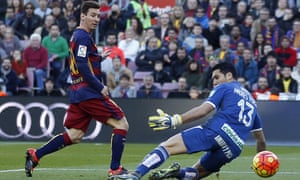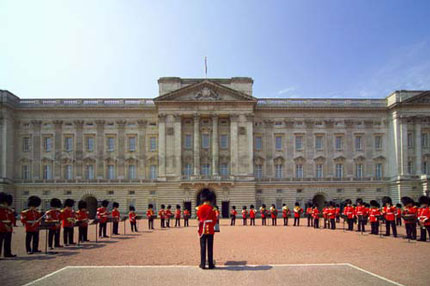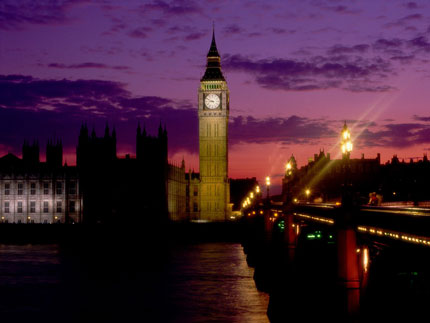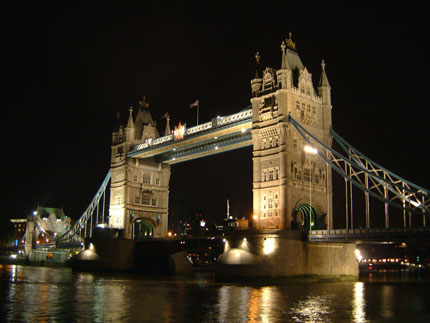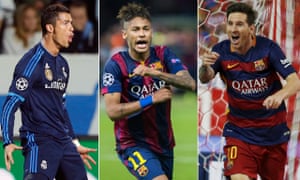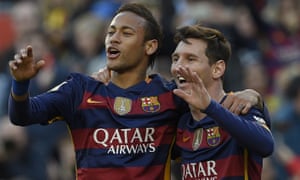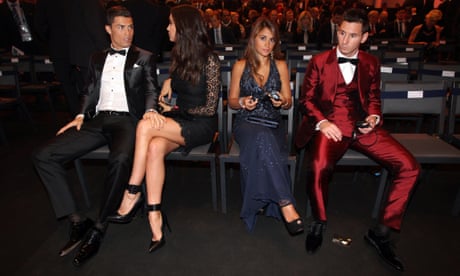A goal from Lionel Messi and a double from Luis Suárez helped Barcelona to beat River Plate 3-0 in Yokohama and win the Club World Cup, the club’s fifth trophy of 2015.
Messi opened the scoring 10 minutes before the end of a difficult first half forBarcelona, who were tested by River’s intensity, but the European champions struck again early in the second period through Suárez and the Uruguayan sealed their third world title by heading home a cross from Neymar.
Barcelona 3-0 River Plate: Club World Cup final –as it happened
Barcelona ended a stellar year by being crowned world club champions after another fine display from Luis Suárez, who scored twice in Yokohama
Barcelona become the first team to win the trophy three times, surpassing the two titles won by Corinthians, while Messi, Andrés Iniesta, Dani Alves, Sergio Busquets and Gerard Pique are now the only players to collect three winners’ medals.
This was the perfect way for Barça to end an excellent year in which they had already collected the league title, Champions League, Copa del Rey and Uefa Super Cup, with the only trophy they failed to win being the Spanish Super Cup.
The River manager, Marcelo Gallardo, admitted his side would have to play “a perfect game on every level” if they were to win, adding “Barcelona have the best players, but we have huge hearts”.
The Argentinian club, who qualified for the tournament by winning the Copa Libertadores, brought 16,000 fans from Buenos Aires to Tokyo. On Saturday an estimated 10,000 supporters attended a mass rally in Yoyogi park, creating a carnival atmosphere in the city but when it came to Sunday’s game Barcelona made their quality show.
Neymar and Messi were back in the starting lineup after missing the semi-final win over Guangzhou Evergrande, the Brazilian recovering from a groin strain while the Argentinian had overcome abdominal pains.
Their returns allowed Luis Enrique to field the same team as in the Champions League final against Juventus, with the exception of Claudio Bravo starting in goal over Marc-Andre ter Stegen. Gallardo made only one change to the team who beat Sanfrecce Hiroshima 1-0, bringing in Tabare Viudez for Leonardo Pisculichi.
River’s tactics were to press Barça high up the pitch to disrupt their passing game and stifle creation. It worked for a large part of the first half, even if they had to resort to frequent tactical fouling.
In spite of the shackles imposed on them, Barça created a couple of openings. Messi took down a ball from Iniesta superbly to half-volley at Marcelo Barovero, and a tame shot from Alves following a Neymar cross from the left, which the goalkeeper also gathered. River’s few chances came from set pieces and distance shots from Rodrigo Mora and Lucas Alario, both which went straight at Bravo.
Messi also tried a free-kick which Barovero tipped around the post but it would not be long before the striker found a way through.
Jordi Alba won the ball back in River’s half and Barça broke quickly, Messi playing in Alves, who floated a ball into the area from the right and Neymar rose to head it down towards Messi, who controlled it before hooking a right-footed shot just beyond the reach of Barovero. The Barcelona substitutes raced out of the dugout to join Luis Enrique’s wild celebrations, such was the importance of the goal, but replays showed Messi may have controlled the ball with his right hand before shooting.
The goal sapped River’s confidence and Barça could have scored again before the break, Messi releasing Suárez with a curled pass from the right wing, but the Uruguayan fired the wrong side of the near post.
Gallardo made a double substitution at half-time, bringing on Lucho González and Gonzalo Martínez for the booked Leonardo Ponzio and ineffective Mora. But the new players were on the pitch for only four minutes before Barça struck again. This time the high press was River’s undoing, as Busquets spotted a gap in the defensive line and Suárez ran into it, controlling and sliding the ball under the legs of Barovero.
Barça pushed for a third goal and, although Messi squandered a chance to add to his earlier effort, Suárez took his opportunity to do the same, glancing Neymar’s cross into the far corner. The Uruguayan took the prize for the tournament’s top scorer, his double adding to his hat-trick against Guangzhou.
